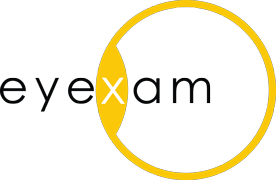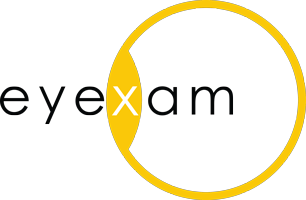İngilizce Türkçe çeviri siteleri kullanıcıların metinleri veya belgeleri yükleyerek anında tercüme yapmalarını sağlayan platformlardır Genellikle temel çeviri ihtiyaçlarını karşılamak için kullanılır ve geniş bir kullanıcı kitlesine hizmet verir. Ancak, tam anlamıyla doğru ve dilbilgisine uygun çeviriler için profesyonel çeviri hizmetlerine başvurmak daha güvenilir olabilir. Bu siteler, hızlı ve pratik bir çözüm sunarken, özellikle hassas veya teknik metinlerin çevirisinde profesyonel bir çevirmenin becerileri ve deneyimi gerekebilir.ingilizceturkce.gen.tr
Spanish to English translation involves accurately conveying not only the words but also the meaning, tone, and cultural nuances of the original text. Skilled translators proficient in both Spanish and English are essential to ensure accurate and effective translations. They must have a deep understanding of both languages' grammar, vocabulary, and idiomatic expressions to deliver high-quality translations. Spanish to English translation is widely used in various fields, including business, literature, media, and international communication. It plays a vital role in enabling cross-cultural understanding and facilitating global interactions.spanishenglish.net



